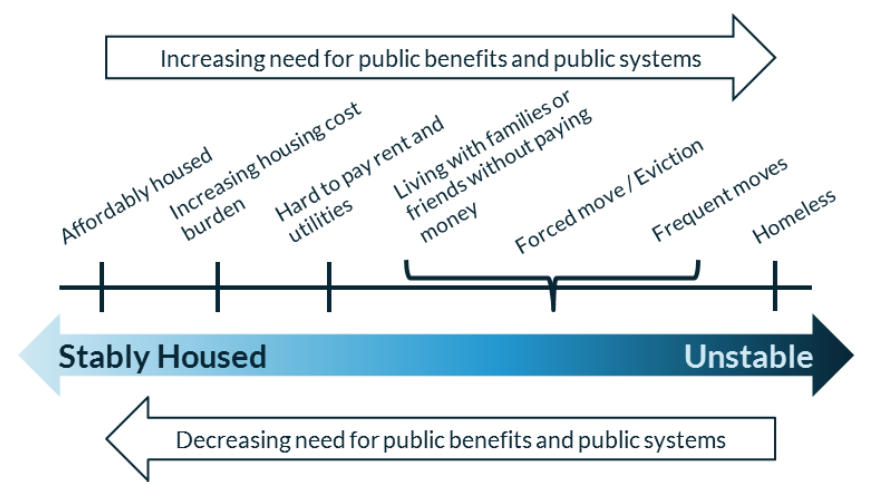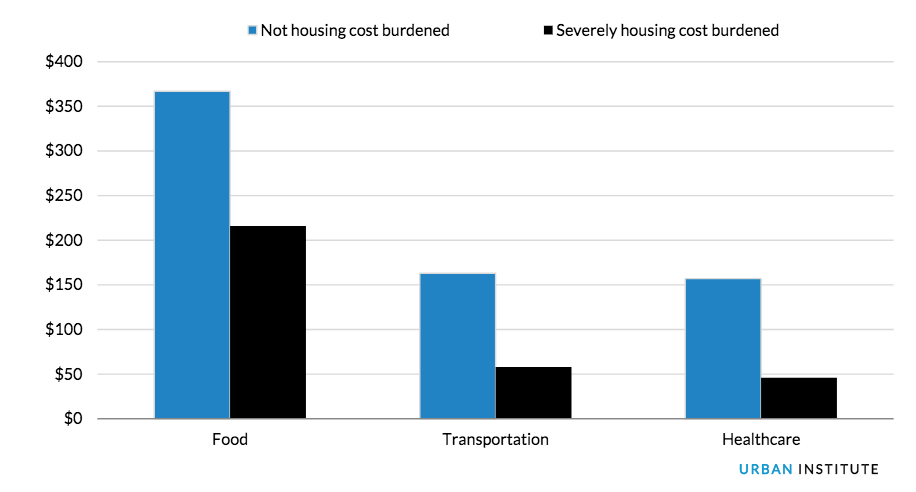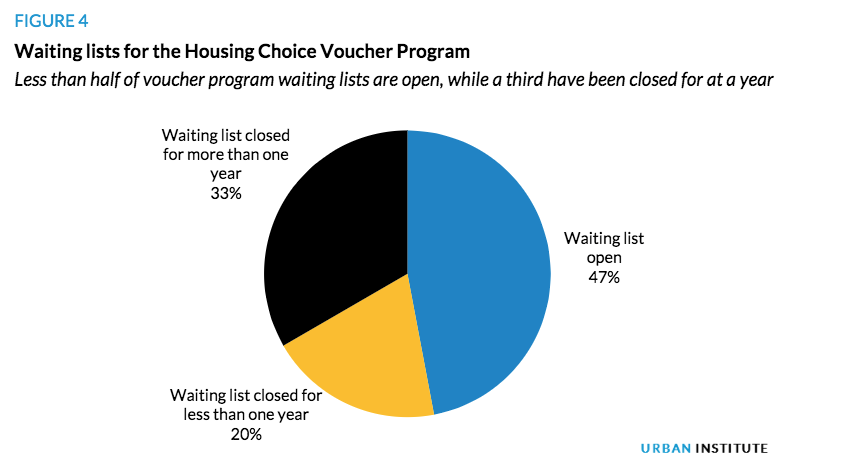The Urban Institute recently published a new report saying federal housing assistance programs aim to ensure recipients have decent, safe and affordable housing, however it claims new policy changes have left these programs falling short of their goals.
In the report, the Urban Institute suggests a need for a serious review of affordable housing policy with a focus on developing a stronger evidence base before attempting large-scale changes to federal housing assistance programs.
The company created the chart below to demonstrate that as housing stability decreases, the need for other public benefits and systems increases.
Click to Enlarge
(Source: Urban Institute)
The institute noted that this chart does not represent a linear process of housing but rather a range of circumstances.
“In contrast, considerable evidence shows that housing provides the solid ground that promotes well-being and opportunity,” the Urban Institute wrote in its report. “People receiving housing assistance are stably housed, protected from forced moves caused by rising rents or eviction, less likely to experience overcrowding and food insecurity, and less likely to experience homelessness.”
The chart below shows how much families who are severely housing cost burdened are able to spend on essentials versus those who are not housing cost burdened.
Click to Enlarge
(Source: Joint Centers for Housing Studies of Harvard University, U.S. Census Bureau, U.S. Bureau of Labor Statistics, Urban Institute)
But the Urban Institute claims that despite the strong need, there are still “shortfalls” in federal housing assistance.
“Despite this array of options, housing assistance programs do not come close to meeting the actual need. In 2016, only one in five eligible households received federal housing assistance, leaving the clear majority of low-income renters without this valuable protection from material hardship,” the report stated.
Urban Institute predicted current policies, including recently passed tax reform, will likely continue to exacerbate the gap. The company claimed the Tax Cuts and Jobs Act will decrease incentives to build and preserve affordable homes.
The chart below shows that currently, only about 20% of those who need federal assistance receive it.
Click to Enlarge
(Source: Urban Institute)
What’s more, many of those on waiting lists for voucher programs will need to wait more than a year, and more than half of those needing voucher will be put on a waiting list.
In one extreme case, HousingWire outlined the predicament of the city of Los Angeles back in October, which was preparing to open its Section 8 housing list for the first time in 13 years, and analysts expected applications to pour in.
Click to Enlarge
(Source: Urban Institute)
“In a time when only one in five eligible renter households actually receive federal assistance, any reduction to federal funding for public housing or vouchers threatens the well-being of millions of low-income households,” the report said. “The administration’s proposed budget cuts and many of the other proposed reforms to housing assistance—minimum rents, rent increases, time limits, work requirements, and others—are not new, but the evidence on how these changes have or will affect the availability of housing assistance and the livelihoods of those eligible for it remains scattered and thin.”
“And there is little discussion of the fact that most of these proposals assume that recipients are able-bodied adults capable of work; increasingly, however, most are elderly and disabled,” the report continued. “What we do know is that housing assistance plays a critical role in stabilizing low-income households and promoting positive health and educational outcomes.”









